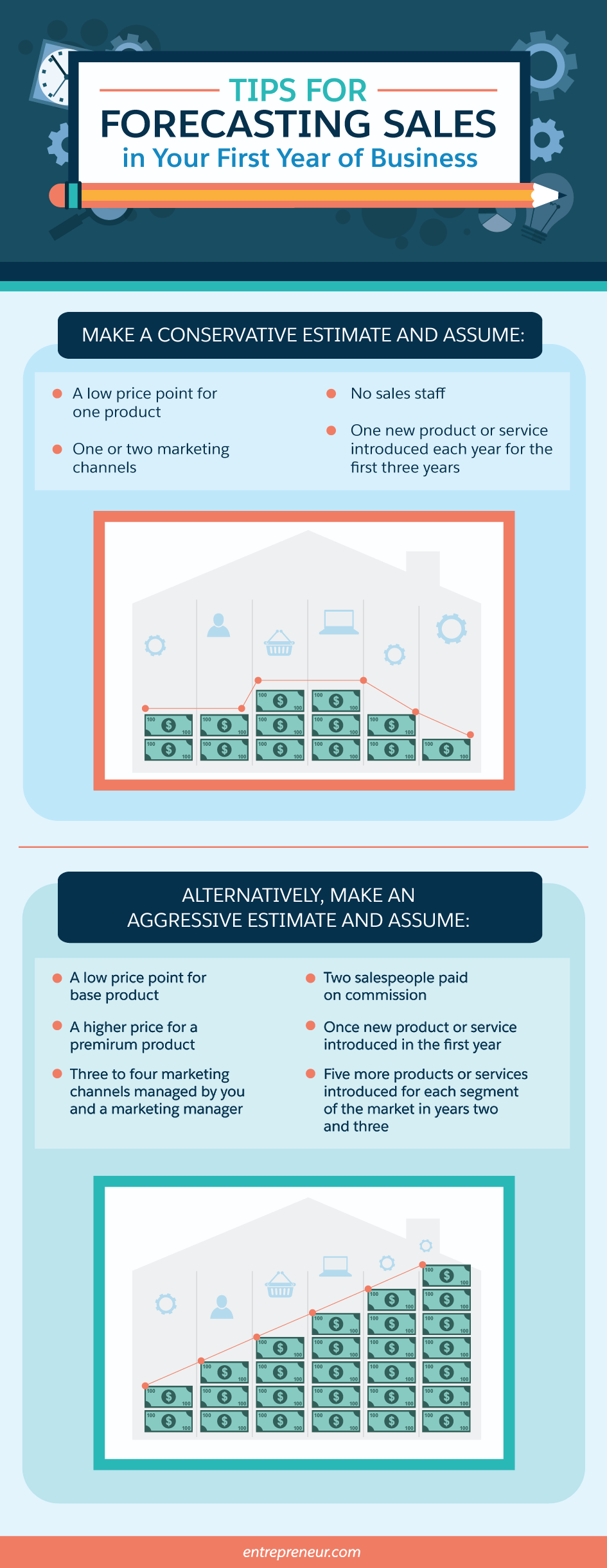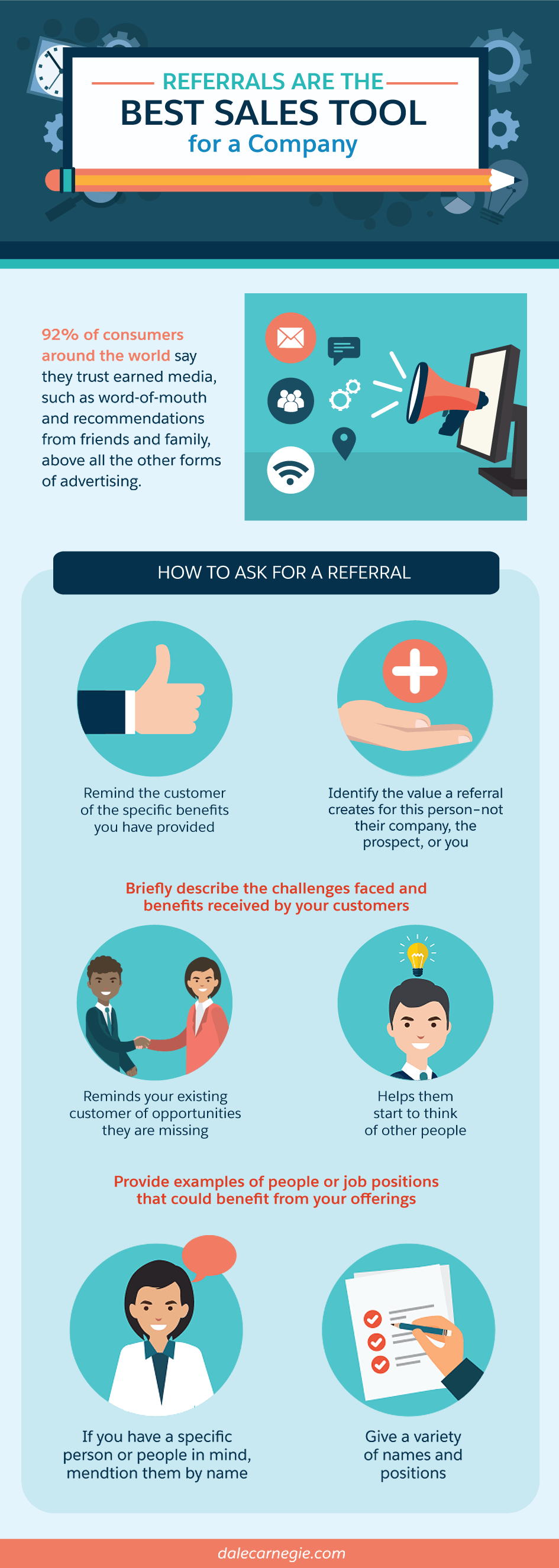Tech entrepreneurs are often defined by their seemingly limitless sense of vision and capacity for ingenuity. They cultivate reputations as fearless pioneers who transform an industry with a single idea. These are certainly laudable qualities, and they have led to the creation of innovative products and solutions that are now mainstays in the consumer and business worlds. But those products didn’t find the customers by happenstance; that connection was the result of a dedicated sales effort built on sound strategies for communicating value.
All startup leaders face a time where it’s more important for them to focus on selling their existing offering than it is to tweak it or develop something new. For entrepreneurs who have little or no previous sales experience, there are strategies you can implement that will boost your sales initiative and help you build a sustainable program for their future.
Be personally involved in sales early in the company’s lifespan
Many startup founders try to justify their company’s initial lack of a cohesive sales initiative by indicating that they can’t afford to hire a sales team yet—which is often true. But absent new investors or angel capital, the only way to make enough money to hire salespeople is to start selling the product on your own. Yes, it requires setting product development on hold for a time, or at least reducing your time commitment, but this is a crucial period for the future of your company that necessitates your personal involvement.
You may not have formal or sophisticated sales training and years of experience on sales calls with customers, but at this early stage you have two distinct advantages over others sales professionals. First, you don’t have to pay yourself a salary; it’s a cost savings that can be hugely important to your cash flow in the early stages of the business. Second, especially at this stage, who knows more about the value of your product—and the customers who would be a good fit for it—than you?
Once you establish your product or service’s value and the targeted customer, the key to making a sales connection is understanding how to communicate this value. That is the very essence of any sales strategy, and as long as you can do it you’ll have a viable sales operation. It may not be the most technologically advanced or far-reaching sales enterprise, but it will form the foundation for your future growth.
Tips for Forecasting Sales in Your First Year of Business
- Make a conservative estimate and assume:
- A low price point for one product
- One or two marketing channels
- No sales staff
- One new product or service introduced each year for the first three years
- Alternatively, make an aggressive estimate and assume:
- A low price point for base product
- A higher price for a premium product
- Three to four marketing channels managed by you and a marketing manager
- Two salespeople paid on commission
- One new product or service introduced in the first year
- Five more products or services introduced for each segment of the market in years two and three

Set ambitious sales goals and hold yourself accountable
Sometimes getting started with a sales program requires making hundreds of calls per week. You also have to intensely research your prospects and write dozens of different emails to send to leads. It’s not necessarily the most glamorous work, and it’s understandable that many idea-driven entrepreneurs would be lured away from these tasks by the concept of working on product innovations. However, it’s important work that needs to be done if you expect your organization to grow. One strategy to help you perform your due diligence is to formalize a list of goals for your sales activities at the onset of the process.
At this point you’re solely responsible for generating revenue, so the goals should be relatively ambitious. Train yourself to make one hundred calls a day, or craft targeted sales pitches for 10 different companies. You have to treat yourself like the director of sales (which you are, after all) and hold yourself accountable to meeting these objectives. Refrain from working on new product initiatives until you’ve met your stated sales goals for the week, and continue to push yourself to reach more prospects as you begin to develop a replicable strategy.
Hire a salesperson as soon as you can afford one
Once it’s feasible and affordable, your first priority should be to hire a sales team. The process of building your sales department is too critical to be delegated, so take an active role in designing the hiring process and interviewing candidates to find the right fit. Remember, you don’t have to find someone with decades of experience or a history with specific technological tools. The most important aspects at this stage of the sales initiative are that the candidate is enthusiastic, motivated, and fits with your organizational identity.
How to Evaluate a Job Candidate for a Sales Position
Make a conservative estimate and assume:
- 10% Company culture fit
- 30% structured interview
- 30% background & reference checks
- 30% assesment results

Hiring a sales department also doesn’t mean that you need to have an army of sales reps immediately ready to deploy. One person can constitute a sales department until you have the resources to fill out the team. Hiring even a single rep can make a significant impact on your revenue streams, and it’ll free you up to once again focus on product development and other high-level strategic activities.
Prove to yourself that there’s a market for new product developments
If you simply can’t tear yourself away from product development while you’re trying to grow your company, you can find ways to integrate sales efforts into the product development process. Most entrepreneurs work on fleshing out ideas and creating products first, and then take them to the market to sell. Logically it makes sense, as owners want to have at least a working prototype that they can use for customer demonstrations. However, this kind of thinking anticipates that there will be a market (which may never materialize). Spending too much upfront on developing a complicated new product can quickly put you in the hole if you discover that prospects are reticent during sales opportunities.
Instead, float your innovative ideas upfront to determine if a credible market exists: Present your concepts during sales calls and ask if they would be motivated to purchase once you are able to offer it to them, as well as what they perceive the financial value of the product would be. Before you’ve even sunk a penny into the R&D process, you’ll already have concrete answers about potential value from real customers.
Get to a position where you can automate key processes
No one can deny that selling an unknown brand and product takes time and dedication, but automation can help in many instances. Sales automation is at its best when it doesn’t feel automated from the prospect’s point of view. If you’re still able to deliver value-added, personalized messaging to your prospects while saving resources through automated processes, it can yield powerful results for your company.
Sales automation and CRM software helps you manage your growing roster of leads and prospects, and you can track details of every interaction between you and the customer during the entire life cycle. This software can be a powerful tool for growing companies; just make sure you’re not using it as a replacement for a value-added relationship with your clients.
Young startups can get great mileage out of referrals
In the early stages of your company, your initial customers will be some of your most important relationships. That’s why it’s so crucial to have sales and customer onboarding plans from your startup’s infancy. Without successful strategies for engaging your prospects, providing consistent value, and delivering an exceptional customer experience throughout the process, your product development efforts won’t help you build a sustainable organization. Not only will your initial cadre of customers provide an important source of revenue during an uncertain time, but they’ll also drive the initial word-of-mouth for your young company.
Referrals are the Best Sales Tool for a Company
- 92% of consumers around the world say they trust earned media, such as word-of-mouth and recommendations from friends and family, above all other forms of advertising
- How to ask for a referral
- Remind the customer of the specific benefits you have provided
- Briefly describe the challenges faced and benefits received by your customers
- Reminds your existing customer of opportunities they are missing
- Helps them start to think of other people
- Identify the value a referral creates for this person—not their company, the prospect, or you
- Provide examples of people or job positions that could benefit from your offerings
- If you have a specific person or people in mind, mention them by name
- Give a variety of names and positions
- Talk slowly so the person has a chance to think
- Listen
- Ask for an introduction
- Research the person, the organization, and the industry can save valuable time for everyone
- Thank the referrer

This is also when you want to parse your own professional network for possible referrals. Your everyday inside sales activities may constitute the bulk of the work for your team, but investing resources in potential referrals can help you quickly reach new heights.
Track your metrics before you even think you need them
When building sustainable growth in their company, technically inclined entrepreneurs need to focus on creating a replicable, measurable sales strategy that can be scaled in the future and will thrive during periods of change. Tracking your success with sales metrics and benchmarking your performance is so integral to this undertaking that it can’t be overlooked, no matter how small your sales force. Observe and analyze the right KPIs to get powerful insights, even just for single-person sales teams.
Since your company is in a period of fluctuation, it’s helpful to think of your metrics in terms of adaptability as well. Be prepared to reevaluate which indicators you are tracking, and what the results say about your company as your situation changes throughout the early going.
Successful entrepreneurs understand that the quantitative truth of the company’s performance is crucial to its survival, even when it’s a difficult pill to swallow. That’s exactly what a robust suite of metrics delivers: the unbiased reality of the organization’s sales efficacy. By being honest with yourself about the state of the company, you’ll be able to systematically alter your strategy for the future.
Share "Dear Startups: What to Do When Sales Trump Product Development" On Your Site


.png)

